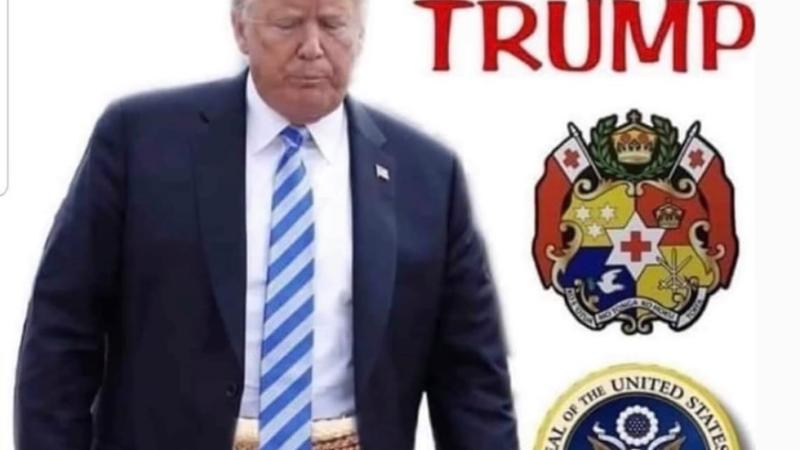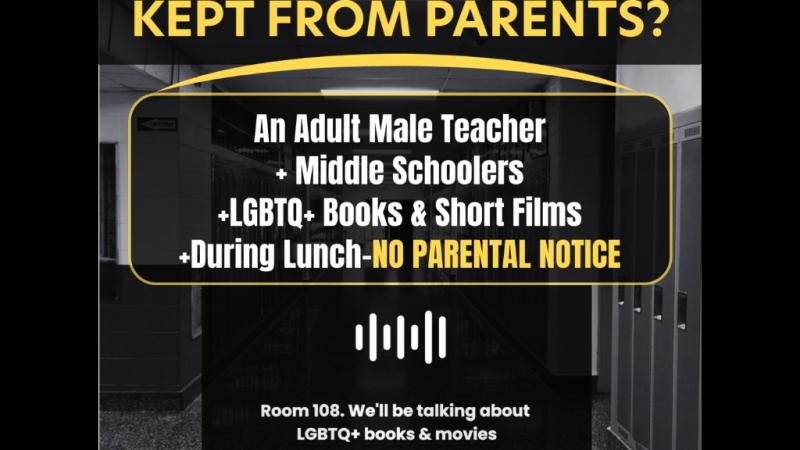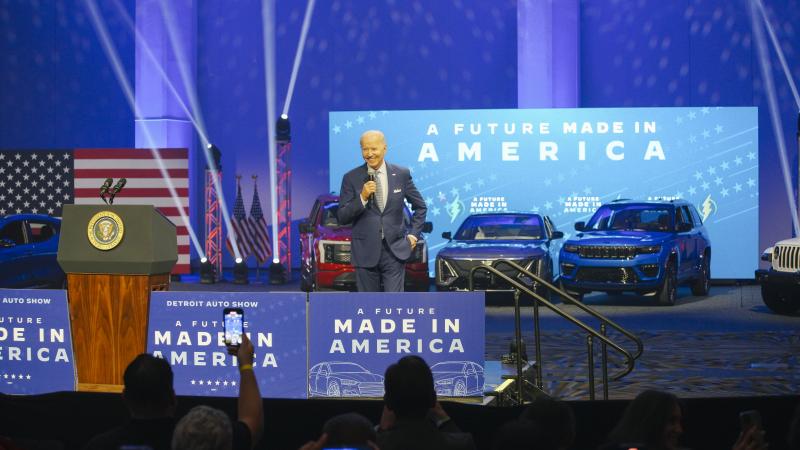'Censorship-Industrial Complex' architect suggested tanking Tesla after Musk purchased Twitter
Tesla shareholders should be "really angry" at Musk for crossing regulators that demand more censorship, Stanford Internet Observatory leader said while warning Musk could cripple misinformation research.
An architect of a Department of Homeland Security-backed private consortium whose aim was squelching purported election "misinformation" suggested that Tesla investors retaliate when its cofounder and CEO Elon Musk bought Twitter, according to a little-noticed podcast at the time.
On an "emergency edition" of the Stanford Internet Observatory's in-house show Moderated Content Oct. 28, 2022, a day after the sale went through, then-director Alex Stamos and Stanford law professor Evelyn Douek repeatedly invoked the threat to Tesla from Musk's stated intent to make Twitter less censorious.
SIO co-led the Election Integrity Partnership, which reported a 35% success rate of getting tech platforms to label, remove or restrict content in the months leading up to the 2020 election.
Emails from another participant, recently made public by the House Judiciary Committee, showed DHS and its Cybersecurity and Infrastructure Security Agency asked the groups to set up the consortium, with CISA and other agencies reporting purported misinformation through the ticketing system. Removal requests targeted Just the News among other media outlets.
Stamos, also Facebook's former chief security officer, and Douek mentioned Tesla 14 times on the podcast, which was flagged this week by Foundation for Freedom Online Executive Director Mike Benz, a former State Department official and critic of the "Censorship-Industrial Complex" that includes SIO.
Tesla shareholders should be "really angry" at Musk for his "huge strategic mistake" in buying Twitter, Stamos said, because the electric-car company has "huge exposure to all of these different regions that want to control the internet," which will be "the number one fight over the next 10 years" around the world.
Musk has made himself "personally responsible for content moderation" on Twitter when Tesla has a factory in Berlin, "the headquarters of European content moderation with Germany and NetzDG," and a quarter of its revenue comes from Communist-controlled China, Stamos said.
"Musk has bought himself into a hellish existence" especially overseas because "his personal focus has been on a handful of US political disinformation decisions or harassment decisions," including Twitter's de-platforming of President Trump and satire site The Babylon Bee and suppression of reporting on Hunter Biden's abandoned laptop, Stamos said.
Douek chuckled that Musk looked like a "hostage" when he shook hands after the purchase with Thierry Breton, the European Union's commissioner for internal market, and pledged to follow the EU's stringent restrictions on speech.
Purported misinformation researchers had much to lose from Musk's purchase, Stamos said. SIO gets free access to its application programming interface, and "I’m especially worried about the long-term impact ... on the entire industry" if Musk ends that free access, he said. Twitter, now known as X, turned off free API access earlier this year.
"Access to the API is important for the censorship industry, allowing them to analyze mass quantities of posts and accounts, identify networks of users, and target them for censorship," Benz told Just the News. Reuters reported this month that social media researchers have "canceled, suspended or changed more than 100 studies" about X since the changes.
















